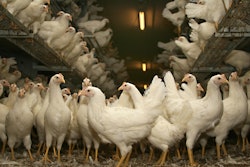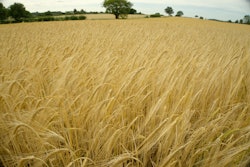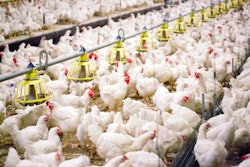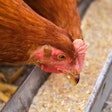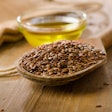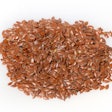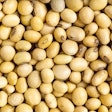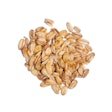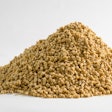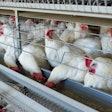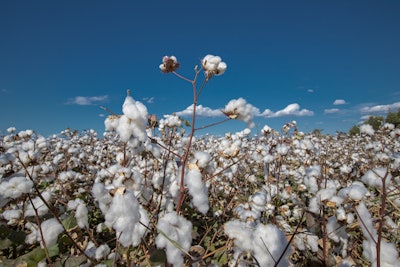
In the realm of beef cattle nutrition, one often overlooked but highly valuable ingredient is cottonseeds. These small seeds are packed with essential nutrients and they can play a crucial role in enhancing growth performance, overall health and well-being of beef cattle. In this article, we will explore the nutritional composition of cottonseeds and their significance in the beef cattle industry.
1. Source of protein for muscle development
Cottonseeds are well known for their high protein content, making them an exceptional source of nitrogen, crucial for muscle development. With an average crude protein content of 23-24%, cottonseeds provide a useful protein source that complements other feed ingredients in the ration.
2. Source of ‘protected’ lipids and energy
Apart from being a protein source, cottonseeds are also rich in lipids, making them a valuable energy source for beef cattle. The fat content in cottonseeds contains a significant proportion of unsaturated fatty acids, such as linolenic acid, which is essential for the proper functioning of many processes. These lipids also provide readily available energy for cattle, promoting weight gain and enhancing overall feed efficiency. Feeding too much free lipids, however, is not recommended as it can reduce fiber digestibility and utilization by rumen microbiota. Lipids in unground cottonseeds are already encapsulated into their natural form inside cells and as such they pose less of a direct risk for fiber-fermenting bacteria.
3. Vitamins and minerals
Cottonseeds are also a good source of vitamins and minerals, like most oil seeds. These seeds contain significant amounts of vitamins E and B-complex, which are vital for immune function, reproduction and overall animal health. Additionally, cottonseeds provide essential minerals such as phosphorus, calcium, magnesium and potassium, contributing to bone strength, muscle function and optimal metabolic processes in beef cattle.
4. Gossypol: a double-edged sword
One significant consideration when using cottonseeds in beef cattle nutrition is the presence of gossypol, a naturally occurring compound found in cottonseed. Gossypol possesses beneficial and potentially harmful effects on beef cattle health. In moderate amounts, gossypol exhibits antioxidant properties, boosts the immune system, and helps reduce the risk of respiratory diseases. However, excessive gossypol consumption can be toxic, leading to reproductive issues and negatively impacting feed intake.
Feeding considerations and precautions
Incorporating cottonseeds into beef cattle diets requires careful consideration about the recommended amount according to animal age and weight. Due to the high fat content, cottonseeds should be introduced gradually to allow the animal’s digestive system to adapt. Ensuring a balanced diet by combining cottonseeds with other feed ingredients, such as grains and forages, helps maintain optimal nutrient ratios. Additionally, regular monitoring of cattle health, particularly reproductive performance and feed intake, is essential to identify any potential issues related to gossypol toxicity.


